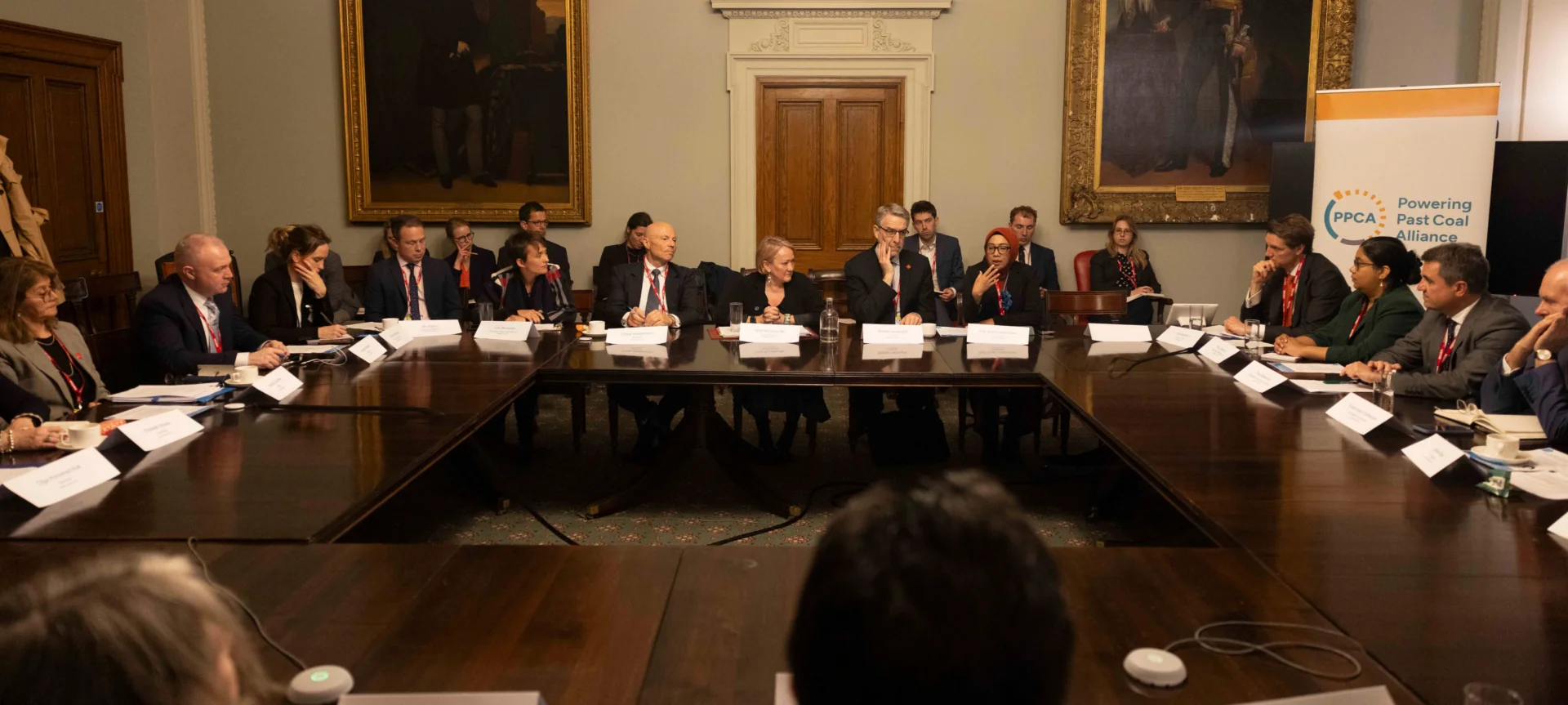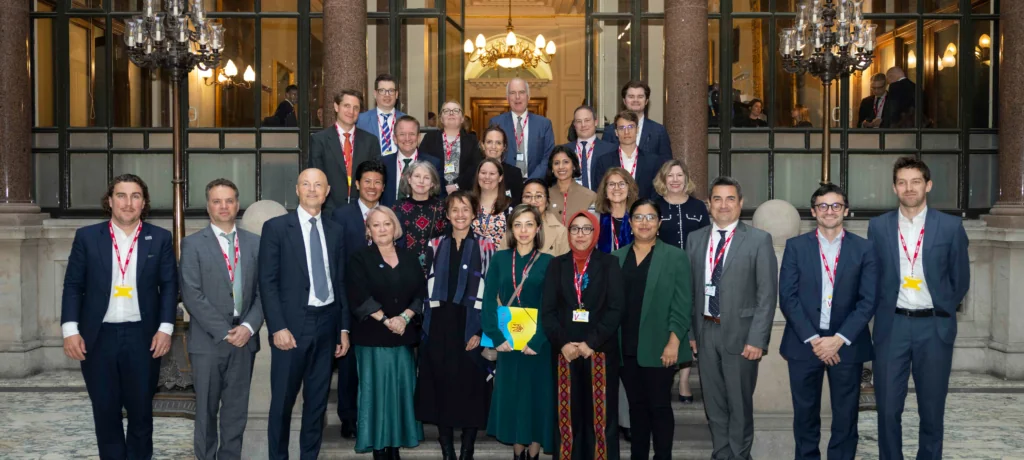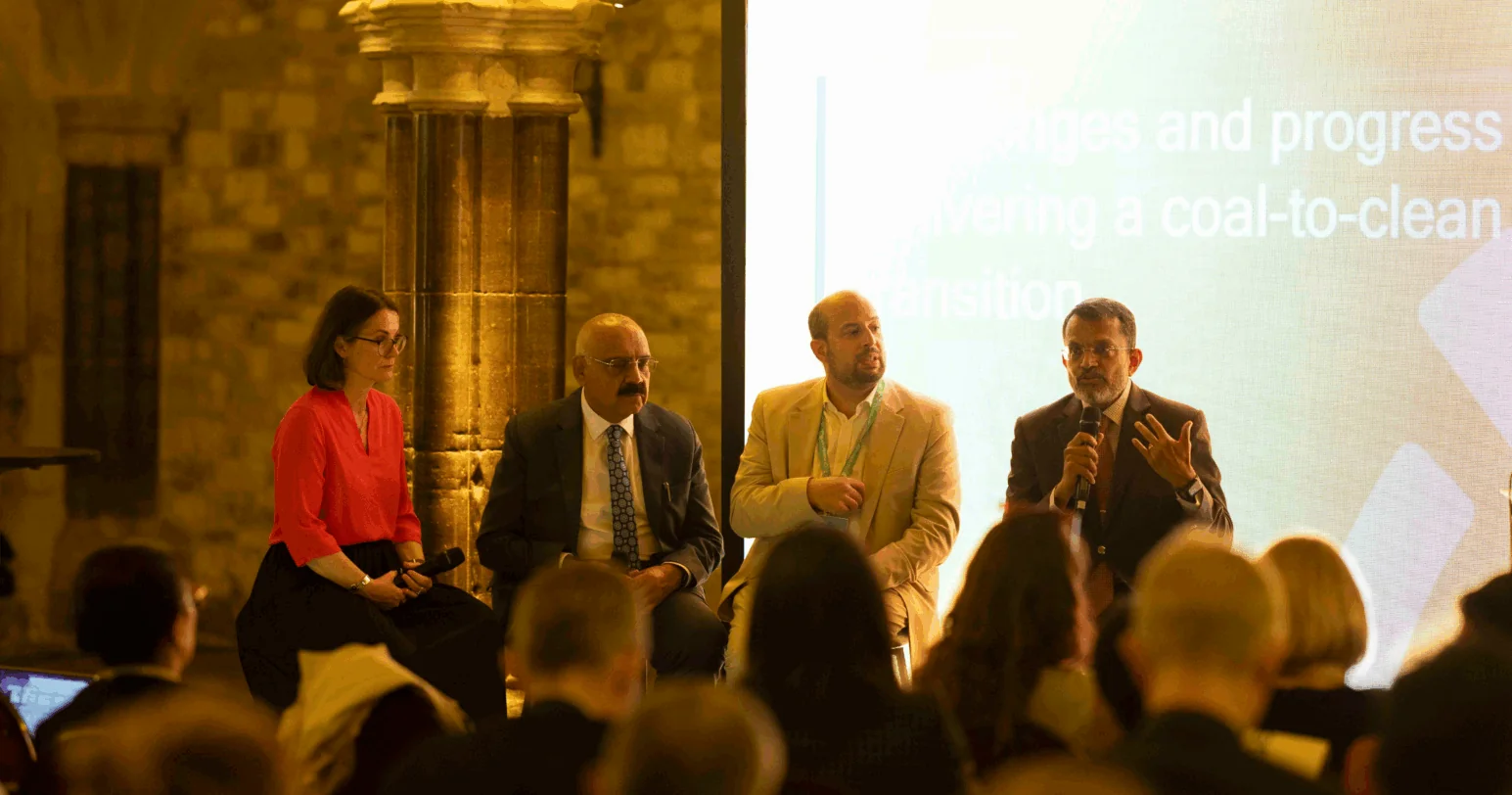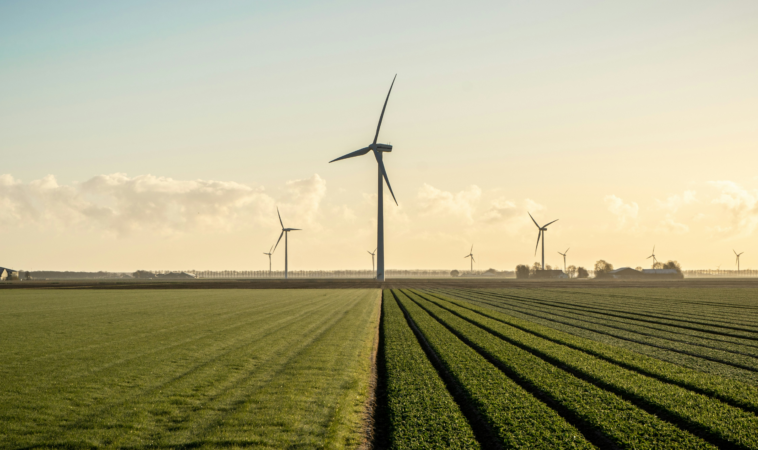
Countries can replace coal with clean energy while maintaining and even enhancing energy security, but there are challenges along the way and grid investments and careful system and transition planning are vital. More support and collaboration will help achieve this goal. This was the main take-away from the closed-door roundtable hosted by Powering Past Coal Alliance (PPCA) and the United Kingdom on the margins of the UK-IEA Summit on the Future of Energy Security on 23rd April. .
The event brought together governments, financial institutions, businesses and energy experts, who sought to identify the key next steps the international community can take to scale up collaboration and support, so that all countries can implement successful, secure, and just transitions away from coal.
Coal phase-out is no longer a security risk
Despite these clear economic benefits of coal phase-out, the fuel still supplies over one-third of global electricity generation. Many economies reliant on coal have considered it essential for energy security and independence due to significant domestic reserves and the difficulty of managing the energy system without coal power on the grid.
Here participants of the roundtable agreed that, while challenging, it is possible to replace coal with clean power without compromising energy security. Attending governments showcased their work to integrate renewables through energy storage systems and grid upgrades, as well as repurpose coal power plants or use them temporarily and to a limited extent for peak demand or as a reserve, which allow them to maintain a reliable power supply even as they phase out coal rapidly.
Whilst participants highlighted the significant progress made to date, they also recognised the need for greater collaboration to scale up the efforts of individual countries. Through the PPCA, countries can share hard-won experience, work through common challenges, and collaborate to provide tailored support for each unique phase-out journey around the world.
Speakers also highlighted the crucial role strong government leadership plays in managing potential energy security issues. For example, they can adopt coal phase-out dates early on in the process, which set the direction of travel, help attract the necessary investments and guide all stakeholders so that can than work together to ensuring a secure transition. This year, governments have the opportunity to send such signals, as they craft their new Nationally Determined Contributions (NDCs).

Emerging economies need more support to achieve a secure transition
Emerging economies, where coal often remains a significant part of the energy mix, face even more significant challenges in phasing it out in a secure, affordable and just way, for example due to relatively young coal feel and rising energy demand. These challenges, however, can be overcome – with substantial investment, well-planned, long-term energy strategies, and carefully managed implementation.
Efforts have been made to provide emerging economies with technical and financial support to overcome these challenges, including the recent report by the Coal Transition Commission laying out actionable policy solutions to hasten the transition. But much more work is needed to turn these ideas into action.
Investors present at the roundtable stressed that they stand ready to invest in the energy transition in emerging economies, but also that more work to enable that was required. This could include governments recognising investments in early retirement of coal plants as transition finance, more work to identify plants suitable for early retirement and clarify where public and private finance can get involved or mobilising public finance or creating coal transition credits to compensate for the lost value. They also stressed the need for government action, e.g., creating a level playing field for renewable energy, which would mean that less financing will be required to take coal off the grid.
The way forward
It was clear from the discussion that despite a challenging geopolitical climate, governments and business are still determined to accelerate coal phase-out across the world to boost economic prosperity, and that the ongoing coal-to-clean transitions are still being achieved at pace, because, quoting one of the participants: “It is not only the right thing to do, it is also good business”.
COP30 this year is a key opportunity to implement the commitment made at COP28 to an equitable and orderly transition away from fossil fuels, including coal. To this end, the PPCA will work with partners to build the technical and financial support needed to ensure that countries can manage the transition out of coal in a way that ensures a stable and secure supply of electricity.




